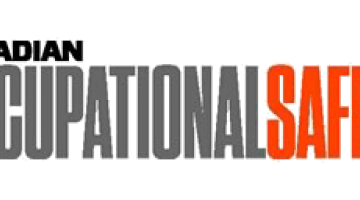Mental health in the workplace
Workplaces play a dual role in the area of mental health. On the one hand, they can be a stressful environment that contributes to mental health problems among workers. On the other hand, they can play an important part in helping to detect and manage mental health problems when they arise among workers, and in ensuring the healthy recovery and return of workers who are off work due to a mental health issue. IWH research in this area helps paint a clearer picture of the prevalence of mental health problems among workers, the types of labour force and workplace factors that may contribute to poor mental health, and the workplace-based and system prevention efforts that can help improve the mental health of workers and ensure they have the proper supports when needed.
Featured

Understanding PTSI program implementation processes in Alberta first responder organizations

Mental health of Canadians who work from home no better or worse than those working outside the home
Understanding PTSI program implementation processes in Alberta first responder organizations

Mental health of Canadians who work from home no better or worse than those working outside the home
Return-to-Work outcomes following mental health treatment among public safety personnel disabled by post-traumatic stress disorder

New insights on mental health and workforce participation
Beyond employment rates: The long-term work experiences of Canadians with mental health conditions

Parental job quality linked to children’s mental health, school performance

IWH knowledge transfer and exchange approach a ‘perfect fit’ for episodic disabilities project
Parental employment quality during childhood and mental health in adolescence: a 10-year longitudinal study
Workplace programs to reduce post-traumatic stress injuries work disability: first responder experiences
